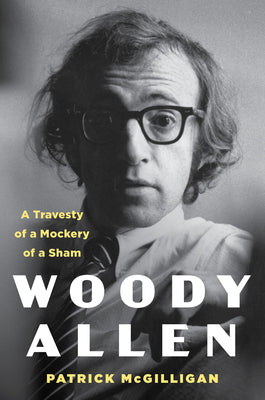
Too Funny for Words: A Contrarian History of American Screen Comedy from Silent Slapstick to Screwball
Too Funny for Words: A Contrarian History of American Screen Comedy from Silent Slapstick to Screwball
Kalat, David
Select Format
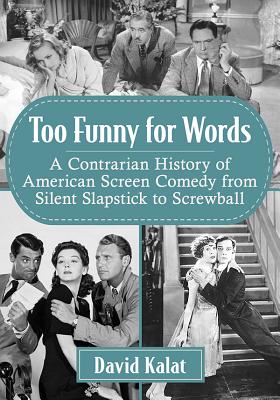
American silent film comedies were dominated by sight gags, stunts and comic violence. With the advent of sound, comedies in the 1930s were a riot of runaway heiresses and fast-talking screwballs. It was more than a technological pivot--the first feature-length sound film, The Jazz Singer (1927), changed Hollywood.
Lost in the discussion of that transition is the overlap between the two genres. Charlie Chaplin, Buster Keaton and Harold Lloyd kept slapstick alive well into the sound era. Screwball directors like Leo McCarey, Frank Capra and Ernst Lubitsch got their starts in silent comedy.
From Chaplin's tramp to the witty repartee of His Girl Friday (1940), this book chronicles the rise of silent comedy and its evolution into screwball--two flavors of the same genre--through the works of Mack Sennett, Roscoe Arbuckle, Harry Langdon and others.
User reviews will be displayed here...
Related products or products you might find interesting

The Bible Recap: Deepen Your Understanding of God's Attributes from Every Book in the Old Testament
Cobble, Tara
$17.21 USD Shop Now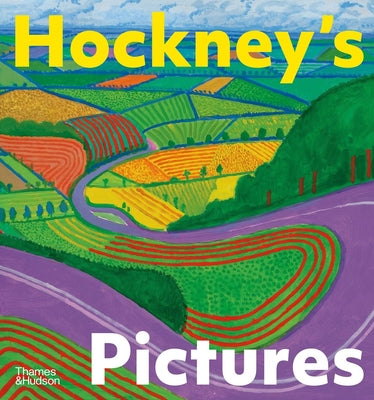



Window Shopping with Helen Keller: Architecture and Disability in Modern Culture
Serlin, David
$121.96 USD Shop Now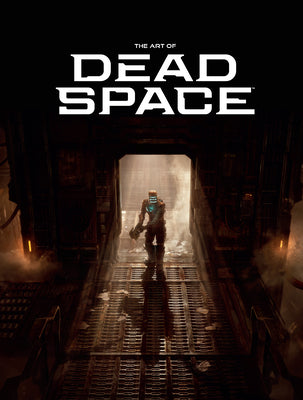

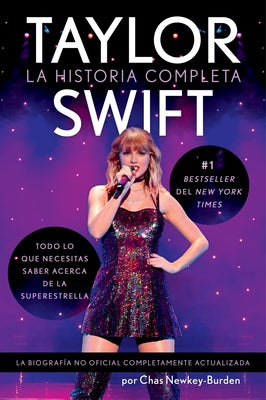
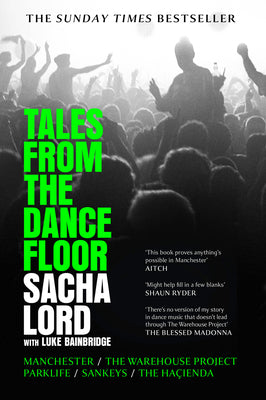
Tales from the Dancefloor: Manchester / The Warehouse Project / Parklife / Sankeys / The Ha
Lord, Sacha
$30.00 USD Shop Now